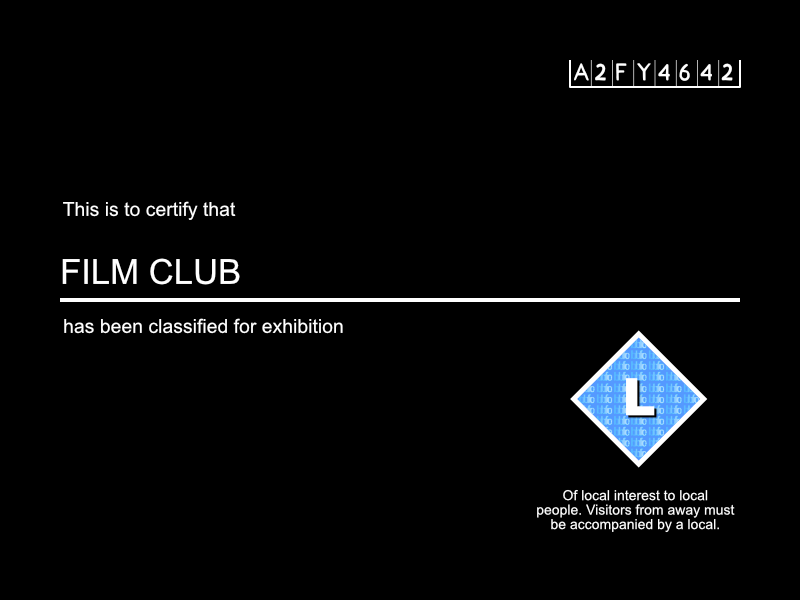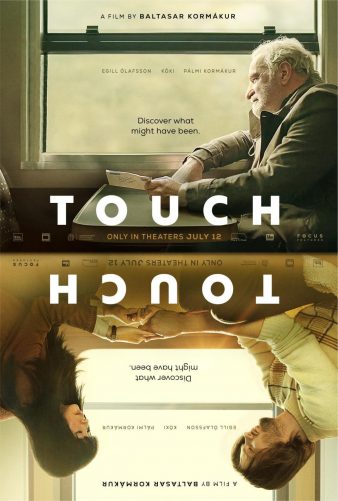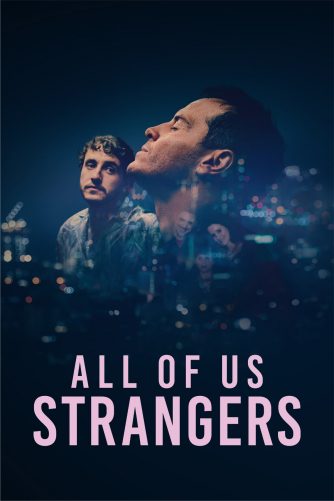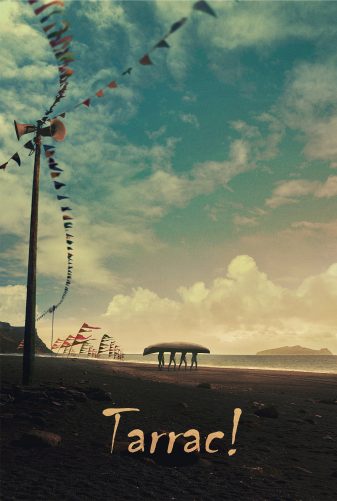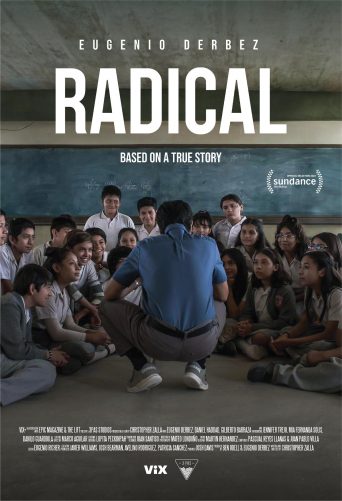 As the story begins, a group of Australian Aboriginal female singers are being mistreated and discriminated against in their home country. At a local competition, the singers are granted no applause while many audience members walk away because of the color of their skin. At the time, discrimination against aborigines in Australia was obvious and shocking so the girls are looking for an escape–any escape– to have a real chance at success. When they hear about the opportunity to perform for the troops in Vietnam, they leap at the opportunity—not realizing how dangerous their trip will become.
As the story begins, a group of Australian Aboriginal female singers are being mistreated and discriminated against in their home country. At a local competition, the singers are granted no applause while many audience members walk away because of the color of their skin. At the time, discrimination against aborigines in Australia was obvious and shocking so the girls are looking for an escape–any escape– to have a real chance at success. When they hear about the opportunity to perform for the troops in Vietnam, they leap at the opportunity—not realizing how dangerous their trip will become.
Joined by their new manager Dave Lovelace, the women– alongside their friend Kay– audition for the chance and are ultimately sent to the war-torn country.
The four singers are composed of the dominant Gail , the fragile Julie, the irresponsible Cynthia , and the friendly Kay. Lovelace, their carefree (and often intoxicated) manager, must keep an eye on the girls as they travel throughout Vietnam in the midst of the war. Such an assignment would be tough for anyone but the four women–especially the demanding Gail–are constantly pushing Lovelace to find more security for them.
As their tour of Vietnam begins, the proceedings have a pleasant and fun flavor to them. The singing is lovely and the chosen songs are top notch. Even when the plot meanders, the songs will likely keep audiences enthralled and tapping their feet to the classic tunes.
Eventually, the serious consequences of their surroundings take center stage, and the girls and their manager are forced to witness the reality of the war around them. Even as entertainers who are kept off of the battlefield, they see the deadly violence and brutality that surrounds them.
Surprisingly, the film works well as both a comedy and as a drama, never faltering in one of the two distinctive genres. And the heartbreak they witness seems inevitable, considering how close they are to the combat zones. It would’ve been disingenuous for the filmmakers to leave out the violence as it would have been silly of them to leave off the joy that these singers enjoyed as they earned the fleeting admiration of the soldiers who watch them sing and dance.

